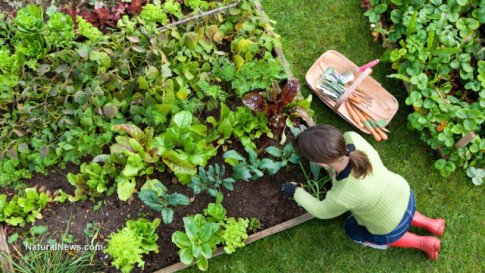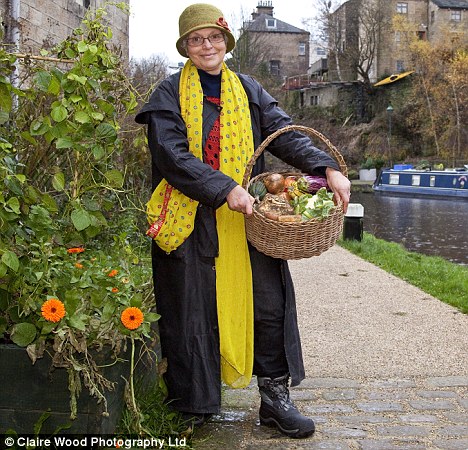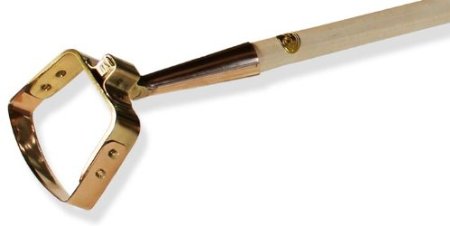– 1,500 tons of radioactive sludge cannot be buried (NHK, July 29, 2011):
Nearly 50,000 tons of sludge at water treatment facilities has been found to contain radioactive cesium as the result of the accident at the Fukushima Daiichi nuclear power plant. Over 1,500 tons is so contaminated that it cannot be buried for disposal.
Water treatment facilities in eastern and northeastern Japan have been discovering sludge containing cesium.
The health ministry says there is 49,250 tons of such sludge in 14 prefectures in eastern and northeastern Japan.
A total of 1,557 tons in 5 prefectures, including Fukushima and Miyagi, was found to contain 8,000 or more becquerels per kilogram. This sludge is too radioactive to be buried for disposal.
The most contaminated sludge, with 89,697 becquerels per kilogram, was discovered at a water treatment facility in Koriyama City, Fukushima.
The ministry says 76 percent of the roughly 50,000 tons of radioactive sludge is being stored at water treatment plants and they have no ways to dispose of most of it.
It says more than 54,000 tons of additional sludge has not been checked for radioactive materials.
The ministry plans to study how to dispose of the radioactive sludge.
“The health ministry will cooperate with the Ministry of Land, Infrastructure, Transport and Tourism and consider reprocessing the sludge as soil for GARDENING.”
– Over 1,550 tons of highly radioactive sludge found in 5 prefectures (Mainichi Japan, July 29, 2011):
Over 1,500 metric tons of radioactive sludge requiring controlled handling has been found in five prefectures across Japan amid the ongoing Fukushima nuclear crisis, the government announced on July 28.
The Ministry of Health, Labor and Welfare said that an examination of 49,250 tons of sludge produced during decontamination work at water-treatment facilities in Tokyo and 13 other prefectures by July 12 detected 1,557 tons of sludge in five prefectures with a level of radioactivity of over 8,000 becquerels per kilogram. It has judged that sludge with radioactivity of over 8,000 becquerels per kilograms should be placed temporarily at controlled disposal facilities.
The five prefectures are Fukushima, Miyagi, Niigata, Tochigi and Gunma.
Read moreUnbelievable: Japan Government Considers Reprocessing Over 1,550 Tons Of Highly Radioactive Sludge Found In 5 Prefectures As Soil For GARDENING





